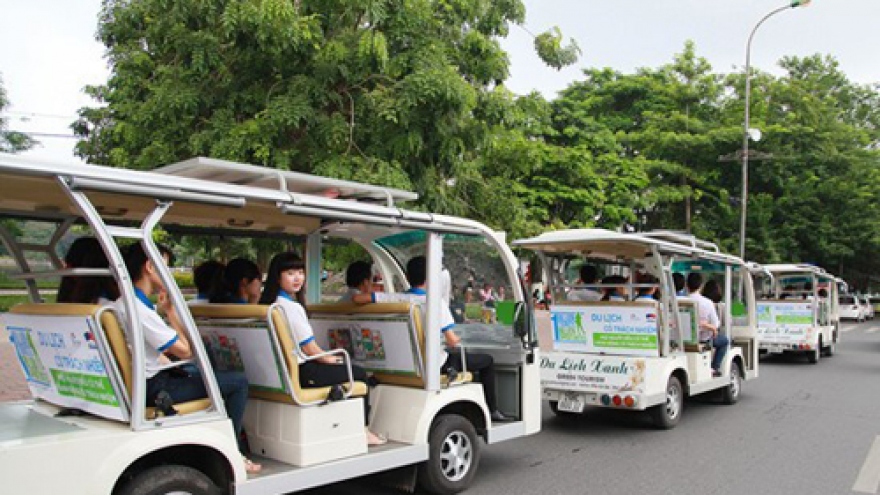Vietnam imports more cars as tariff reduced
As tariff decreases, Vietnam is importing more cars. Toyota Motor Thailand (TMT)'s car export to Vietnam rose by 15% last year, despite a 15% drop in its total car export, the company said in a recent press conference.
 |
Now experts are saying car imports into Vietnam will continue to increase, as regional trade agreements come into effect.
From January 1, 2017, Vietnam cut the import tariff on completely built cars from ASEAN members from 40 per cent to 30 per cent, to meet its commitments in the ASEAN Trade in Goods Agreement, which aims to reduce trade barriers and expand markets among member states. From 2018, this agreement requires Vietnam to reduce this tariff to zero.
This change is shifting the business strategy of car companies in Vietnam. Toyota's new Fortuner 2017 cars that were introduced to the Vietnamese market in January are imported completely built units, and not assembled locally, according to Tran Xuan Thuy, vice president of sales and marketing for Toyota Vietnam, when he spoke to Lao Dong newspaper.
He added that Toyota Vietnam has no plan to move production of the new Fortuner line back to Vietnam, even after its domestically built cars generate solid sales.
Replacing locally built with imported cars will also be the plan for the company's Innova and Camry lines, but the Vios line will continue to be assembled in Vietnam. Thuy told Lao Dong newspaper that once the import tariff is removed, the cost of making a car will be much higher in Vietnam than in other countries in the region, and importing will be more cost-effective than making, especially if the company has to make initial investment in new manufacturing technology.
He also said the change would not reduce the company's workforce in Vietnam, as production of other car lines will increase and total output will stay the same.
Lao Dong newspaper also quoted other industry insiders as saying that auto companies will not scrap their domestic production altogether. They said the Vietnamese market still had a huge potential, and investing in new factories would take at least five years. By owning factories, companies are ready to build cars locally again when the market and policies become favorable.
In April 2016, Truong Hai Auto Corp, the biggest Vietnamese car maker, broke ground for a project to expand its automotive engineering complex Chu Lai-Truong Hai in the central Quang Nam Province, which can make up to 100,000 passenger cars and thousands of trucks and buses annually, according to the Vietnamnet newspaper.
As previously reported by VIR, the number of cars in Vietnam is poised to increase. The car market has been producing double-digit growth, but as of last year, only 10 per cent of households in Vietnam own a car, compared to 53 per cent in the Philippines, 54 per cent in Indonesia and 93 per cent in Malaysia.
Toyota Vietnam last year accounted for 25.5 per cent of the domestic car market. The company's profit quintupled over four years between 2012 and 2015, from VND1 trillion to VND5 trillion ($224.2 million).



